Everything you need to know about the mosquitoes | How to prevent them?
Mosquitoes are one of the most annoying insects in the world. They have caused so many troubles in human society, that everyone is likely to develop some kind of prevention method for them. There are various kinds of species of mosquitoes in the world, and most of them tend to flourish in humid environments. Their presence can be seen throughout the year, but they cause much more disturbance during colder weather.
They are known for spreading some of the most deadly diseases in the world such as malaria, dengue, yellow fever, chikungunya, and many more. The bites from mosquitoes can trigger an allergic reaction in many people. Even if they don’t cause any problems, their presence just dampens the mood. But before learning the methods of prevention, let’s know about their breeding pattern and behavior.
Mosquito breeding season
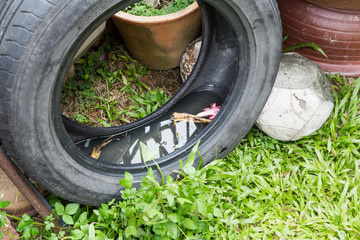
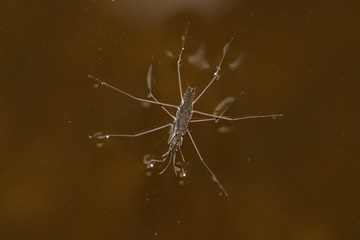
Mosquito reproduction habit
Tip For Early Prevention
Eliminate Standing Water
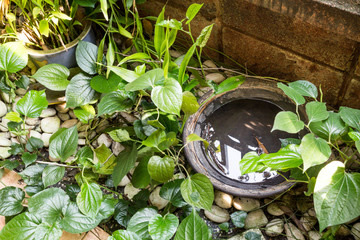
7 Natural Ways to prevent Mosquitoes
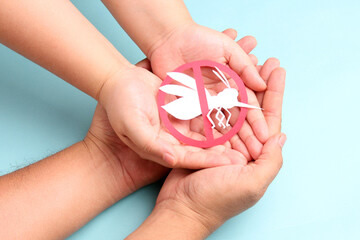
1.Essential Oil Mosquito Spray

- Lemon Eucalyptus
- Cinnamon
- Lavender
- Neem
- Tea Tree Oil
2. Citronella Candles
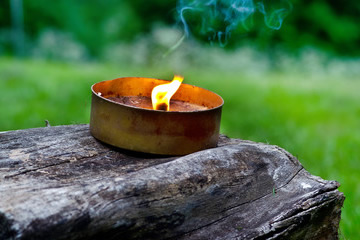
3. Mosquito Repellent Plants
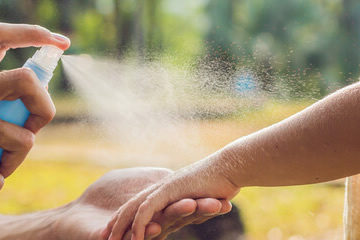
4. Camphor

5. Physical Barriers

6. Hanging Fly & Mosquito Trap
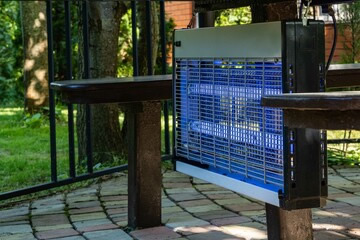
- CONVENIENT AND SIMPLE TO USE: 1 metre above the ground. In the spring, hang in a sunny location; in the summer, hang in a dark location.
- WIDELY USAGE: Parks, family farms (producer markets), canteens, restaurants, slaughterhouses, farms, green belts, toilets, garbage bins (fields), and other public places.
- PRINCIPLE OF OPERATION: The fly killer works on the principle of using food bait to entice flies into the cage and then allowing them to die naturally if they enter the cage without food. Because flies prefer fishy foods, you can put bait fish intestines, rotten fruit, and other foods in it.
- DURABLE MATERIAL: Made of high-quality gauze mesh, this product is environmentally friendly, long-lasting, and reusable.
Shop this product here
7. Outdoor Fly Trap Bag
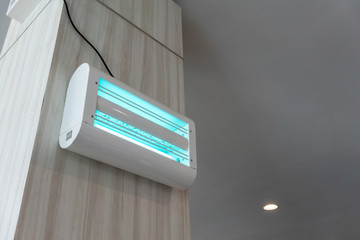
- The fly trap contains a bait bag made up of certain feed and other food. When the disposable fly bag is filled with water, the bait begins to dissolve, react and emit an odour. The flies smelled the smell, then flew in from the yellow lid and submerged in the water.
- The design of the fly trap avoids direct contact between the bait and the fly, thus ensuring safety. But the smell of bait is very smelly. It is best to hang the disposable flycatcher bag in the open space outside the living area, 20 meters away from the living area.
Shop this product here
Disadvantages of Chemical Mosquito Repellent
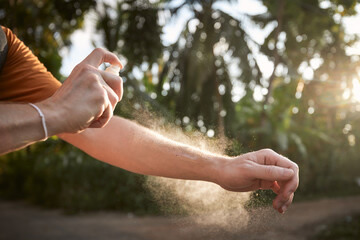
1. Use of Strong Chemicals
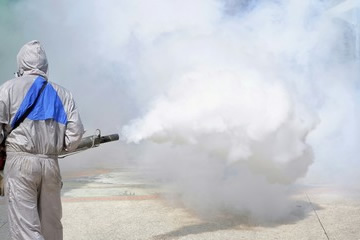
2. Gels, Lotions, and Sprays Don’t last Longer
3. Coils and Incense Produce Smoke and Dust
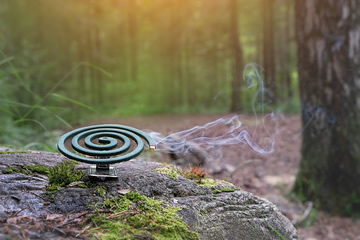
Burning coils inside might cause respiratory issues and allergies because they stay about 4 to 8 hours. The resulting smoke could even trigger lung cancer. As a result, coils should be placed at all entrances to keep mosquitos out of the room. If you’re going to put it in a bedroom, ensure it has adequate air circulation.
